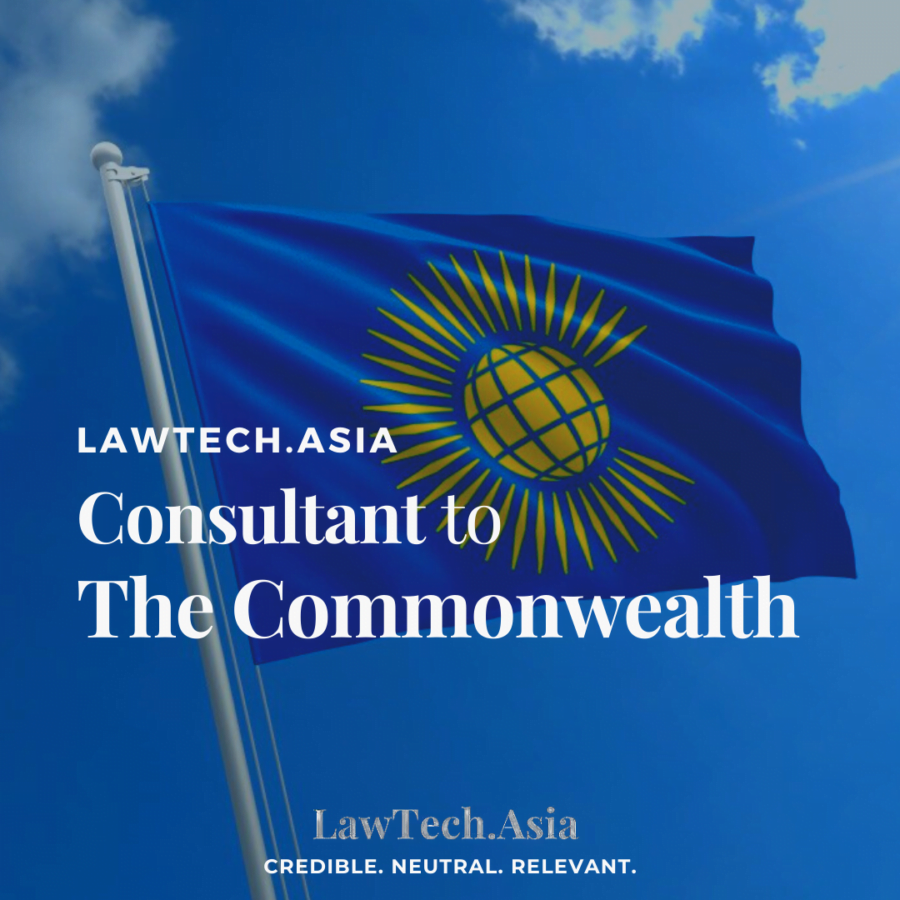Interview by Tristan Koh and Ong Chin Ngee | Edited by Tristan Koh, Ong Chin Ngee and Josh Lee
TechLaw.Fest 2020 (“TLF”) will take place online from 28 September – 2 October 2020, becoming the virtual focal point for leading thinkers, leaders and pioneers in law and technology. In the weeks leading up to TLF, the LawTech.Asia team will be bringing you regular interviews and shout-outs covering some of TLF’s most prominent speakers and the topics they will be speaking about.
This week, LawTech.Asia received the exclusive opportunity to interview Wong Meng Weng, Principal Investigator of Singapore Management University Centre for Computational Law and Co-Founder of Legalese. Meng Weng will be speaking at the Knowledge Cafe on “What Computational Law Can Do For You” on the third day of TLF (30 September 2020).






